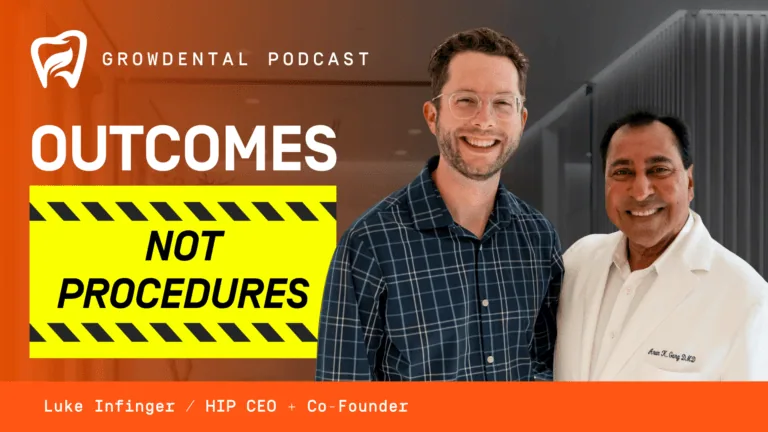The entire marketing world is rapidly changing, and the cosmetic surgery industry is no exception. The former standbys of print ads and postcards can only get you so far in 2016. Today’s world requires a more digital approach, but it’s not enough to simply get a website and a Facebook page. To stay ahead of the curve, you’ll have to provide real value to your customers. Fortunately, digital marketing makes it easier than ever to do just that.
There’s a real opportunity for cosmetic surgery practices to succeed in online marketing. Most of the results for a general cosmetic surgery search yields very few authoritative websites for recognized surgeons. People want to learn about how cosmetic surgery can help them, and they don’t want it from a shady website with marginal credibility. They want to learn from an expert.
This void has created a massive opportunity for your practice to step in and become the leading source for cosmetic surgery. Here’s how to do it.
1: Social Media
Once upon a time, social media was a nice addition to any marketing strategy. Those days are long gone. In 2016, social media is an absolute must.
Before you consider what you’ll get from a social media account, imagine what you wouldn’t have if you didn’t have social media. Without social media, people wouldn’t have a chance to directly communicate with your company. You wouldn’t be able to answer their questions, and you wouldn’t have the ability to keep customers apprised of what’s going on in your practice. Most importantly, not having a social media page means customers can’t advocate on your behalf. If you don’t provide social media content, nobody can share it to a larger audience, which means you’re losing out on significant revenue.
What’s more, social media is by far the top method for millennials to learn about new businesses they should care about. Establishing a solid social media presence is a great way to get the word out about your cosmetic surgery practice. This is especially important since millennials are a key target market for cosmetic surgery; according to the American Society for Aesthetic Plastic Surgery, millennials comprise 20 percent of the cosmetic surgery marketplace. If millennials can find you, and if you do a great job on their surgery, they’ll gladly spread the word to their other social-savvy friends.
2: Content Marketing
For a long time, cosmetic surgery has marketing has been centered around before-and-after pictures and telling potential clients that they’ll look great after their surgery. Much like the offline approach, this is an outdated mindset. Today, you need to educate people.
Inbound marketing is a popular concept in today’s marketing world. Instead of focusing on telling people why a given product is better than all of the others, inbound marketing is mostly concerned with teaching people about a given industry. Once people know enough to make an educated choice, the company can then point out why their product or service is the best solution for that customer. It’s not about having the “best” product – it’s more geared towards solving the pain points of your customer base.
That’s why inbound marketing is perfect for cosmetic surgery. Rather than simply telling a customer you’ll fix their stretch marks, show them why stretch marks form in the first place. Explain what goes into removing them, tell why your solution works, and be realistic about what potential customers can expect from surgery. An informed customer that knows exactly what they’re getting themselves into is not only far less likely to leave unhappy, but they’ll be more knowledge about cosmetic surgery in general, which is going to help them as they share their story on social media.
When creating content for your website, don’t resort to quick-fix tricks or black hat SEO methods. Instead, focus on an organic approach that will increase your rankings in the search engines over time. While Google’s search engine algorithm changes frequently, it prioritizes good content above all else. By providing that good content, you’ll always be in the clear.
3: Integrated Tools
One of the best things about digital marketing is that you don’t have to do all the work yourself. Modern marketing software can automate many of your mundane and time-consuming tasks. This has a two-pronged effect. First, you’ll have more time to focus on more important things. Second, marketing automation actually works better than manually executed tasks in many situations.
The most common use of marketing automation is in email marketing. Typically, when you get an inquiry from a customer, it’s someone who’s on the fence about making a decision. This gives you limited response options – either they’re getting surgery, or they aren’t. However, by using content marketing and automated email marketing, you’ll get leads from various places in the sales funnel. In addition to people who have already done their research, you’ll also have people who just want to learn more about surgery in general, and that’s a great thing. You can use your automated emails to subtly move those leads along the sales funnel. In short order, you’ll whet the appetite of these leads, and you’ll be much more likely to convert those leads into customers. Best of all, your workload through this lead conversion process will be minimal.
4: A Mobile Approach
Everyone knows that smartphones and tablets have exploded in popularity over the past decade. But you might be surprised to know that people spend more time online via mobile devices than they do on laptops and home computers. Therefore it’s in your best interest to appeal to mobile users.
Your website should be optimized for mobile devices so that people can view your site on any device. Browsing the desktop version of a site on a smartphone isn’t a pleasant experience, and if that’s the only option they have, they’ll just find a competitor with a more user-friendly website. It’s also a good idea to make sure that everything on your site is tailored to users of mobile devices. For example, keep forms on your website short so that they don’t scare away people who don’t want to type novels on their phones or tablets.
Having a mobile-friendly website isn’t just a smart move from a customer relations standpoint. It’s also a virtual requirement for Google, whose latest algorithm heavily punishes any site that doesn’t have a mobile version available to smartphone and tablet users. Clearly you don’t want to do anything that flies in the face of Google. Get a mobile version of your site up and running, and watch your site climb the search rankings.
The new education-based style of digital marketing is a perfect fit for cosmetic surgery. For the first time, you’ll be able to cultivate a knowledgeable audience of motivated customers that are willing to sing your praises to their entire social networks. To learn more about how your cosmetic surgery practice can benefit from this new approach, check out the links below.

